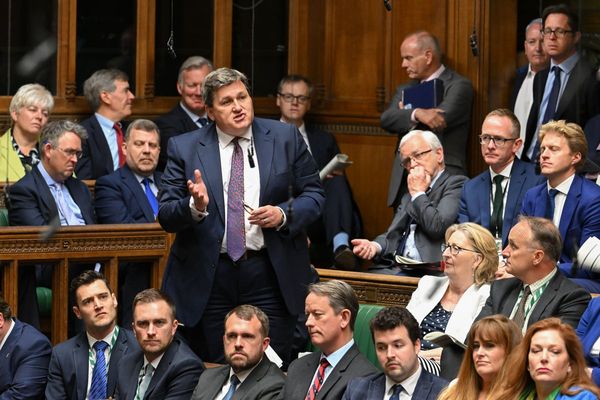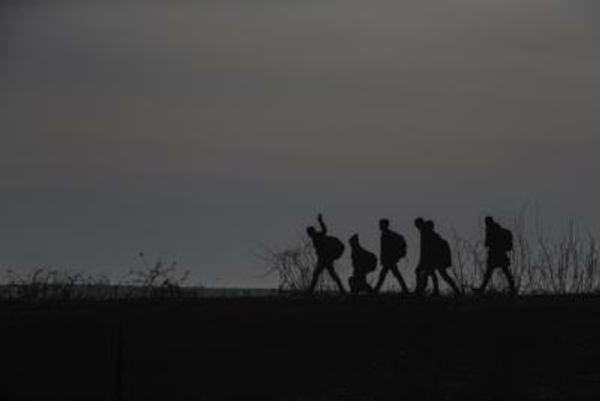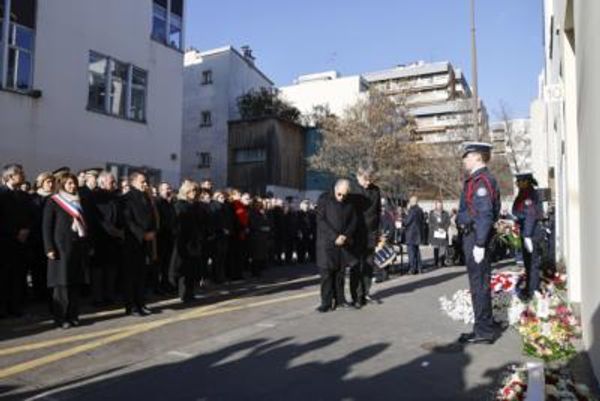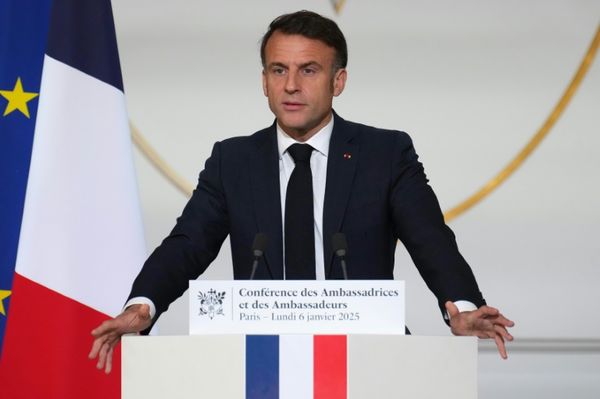
One year and one week into a live-streamed genocide, Israel burnt sleeping people alive, in their tents, encamped near the Al-Aqsa Martyrs hospital located in central Gaza. The video of an arm, engulfed in flames and reaching out for help, still attached to an IV drip, went viral. It belonged to a young man, Sha’ban al-Dalou, just 19 years old.
His image and biographical notes, such as they are for a man so young, have gone viral alongside his appalling and painful murder. In The Guardian, Zak Witus speculated that “the images of this particular horror had broken through the noise on social media”.
Eight months earlier, in January 2024, similar predictions were made after the shocking circumstances of five-year-old Hind Rajab’s murder came to light. This was the Palestinian girl who sat among the corpses of six massacred relatives in a Kia Picanto, speaking to the emergency services, begging to be rescued. Eventually the Palestine Red Crescent Society (PRCS) secured clearance from the Israeli authorities to send paramedics to the scene. Where they were shot dead. Where Hind was shot dead too. The story went viral.
In May 2024, American rapper Macklemore released “Hind’s Hall”. Videos of the anthem have had millions of views. In June, analysis by Forensic Architecture of the killing of Hind Rajab and her relatives mapped 335 bullet holes in the car’s exterior. Among many findings, these holes illustrated that the shooters “had a clear view of the car and its passengers” and that “they would have been aware of the presence of two children”. By August, Owen Jones wrote for The Guardian that “Hind Rajab’s death has already been forgotten. That’s exactly what Israel wants.”
Eight days before the inferno near the Al-Aqsa Martyrs hospital, Man Booker Prize-winner Howard Jacobson claimed that a year on from the October 7 attack, “the myth of ‘blood libel’ persists in the media coverage of Gaza violence”. The day after Sha’ban al-Dalou was murdered, The New Yorker published a Q&A with Jacobson where he reiterated that the coverage of Gaza “is making my people, my kin, out to be child murderers”.
October 7, 2023 was a deadly day for Israeli Jewish people, one when, according to the Economist, “more Jews were killed than on any single day since the Holocaust”. But it’s clear that October 7 has been used to justify many atrocities, when Israel has obliterated 7.9% of the Gazan population as of mid-July this year by one estimate, a number that continues to grow.
We are frequently recalled by both the media and politicians to the sensitivity of October 7 and how support for Palestinian justice has affected Australia’s social cohesion, such as in Prime Minister Albanese’s recent remarks that the Palestinian community’s commemoration of a year of genocide was “incredibly provocative”.
The anniversary of October 7, and of the Palestinian genocide in Gaza, has illustrated the inequity in media narratives and political approaches to Palestinian and Jewish communities in Australia. This inequality is, one year later, more egregious than might have been predicted. As the Lebanese-Australian academic Ghassan Hage wrote nearly a year ago:
As the Israeli massacre of Palestinians began to quickly overshadow Hamas’ massacre in its scale and in its racist de-valorisation of those being killed, it became clear that … this was a supremacist mourning: the world was invited to accept that, unlike Palestinians who are murdered all the time, the murdered Israelis were special.
Four days after the incineration of Sha’ban al-Dalou, ABC Radio National ran a program concerned with issues such as October 7 denialism.
If this encapsulates the omissions, emphases and prioritisations over the past year in the media, it does not capture that the Australian mainstream media has worsened — both relative to its past coverage of Israel and Palestine and relative to current coverage in comparable places.
An apposite illustration is when media workers — horrified by the distortion of truth in favour of “bothsiderism” and the suppression of terms such as “genocide” or “Palestine” — circulated an open letter in November 2023 calling for more ethical reporting on Gaza and for media outlets to do better. To the contrary, the letter resulted in the silencing of these journalists. The Age precluded signatories from further coverage on the subject; the ABC warned staff this impeded their impartiality.
At the same time, questions were raised about the impartiality of journalists who had participated in Australia/Israel & Jewish Affairs Council tours to Israel. A photograph of journalists wallowing on the muddy shores of the Dead Sea on such a junket, including from The Age and the ABC, highlighted how they too might be regarded as compromised. Neither those pictured nor others known to have accepted such tours have been removed from reporting on Gaza. The story itself was only newsworthy to this outlet.
Palestinians and our supporters have often argued that one failure in the media’s portrayal of the Palestinian experience has been its inability to capture context. In this regard, Black Lives Matter seemed to herald a turning point. One year after the murder of George Floyd, the representation of the Unity Intifada in 2021 was markedly different to coverage of earlier Israeli aggressions.
Yet in October 2024, the daily atrocities that Palestinians in Gaza endure or perish under, however asinine the coverage in Australian media, is inescapable for anyone on social media. By now it is clear that context is hardly the issue.
We find ourselves at a time in history when governments are less concerned than ever by public sentiment. Mainstream media outlets have reinforced governmental inaction. The vast protests in support of Palestinian rights around this country, each week for a year, have been underreported and underestimated. Anyone who has attended just one of those protests knows this.
Amid reports of the death of traditional media outlets, we have seen organisations like the ABC formally refuse to present terms such as genocide or apartheid without quotation marks, despite authoritative confirmation of their accuracy. This was affirmed by ABC managing director David Anderson that impartiality is paramount. The trouble with this idea of impartiality is that the news can neither cover the news nor see its own bias. This is undeniably connected to the qualities of life and death that Hage wrote so presciently about in November last year.
Indeed, evidence indicates a lack of rigour in outlets reporting Israel’s allegations about what Palestinians do, such as accusations about UNRWA’s links to terrorism. We are, for instance, long past the point of debating whether Israel intends to bomb hospitals, though this mire of allegation and questionable evidence stalled the impact of coverage in the first few months of the genocide.
Now, Gaza’s health infrastructure is nonexistent. All that the Australian media standards have done in delivering “unbiased” news is to successfully miss the news altogether, each and every day, for more than 365 days. Perhaps we should have expected no more given that Australian news outlets missed the Palestinian Nakba in 1948 too.
The tundra that has been made of Gaza should impress upon any witness that what Israel is doing in Gaza is the twenty-first-century nadir of human experience. The media is responsible for decades of omission, elision and misrepresentation of what has happened to the Palestinian people. The Australian public will be owed an explanation for their ignorance. And for that, at least, media institutions will have a lot to answer for.
What do you think of the media’s coverage of Israel and Palestine? Let us know your thoughts by writing to letters@crikey.com.au. Please include your full name to be considered for publication. We reserve the right to edit for length and clarity.







